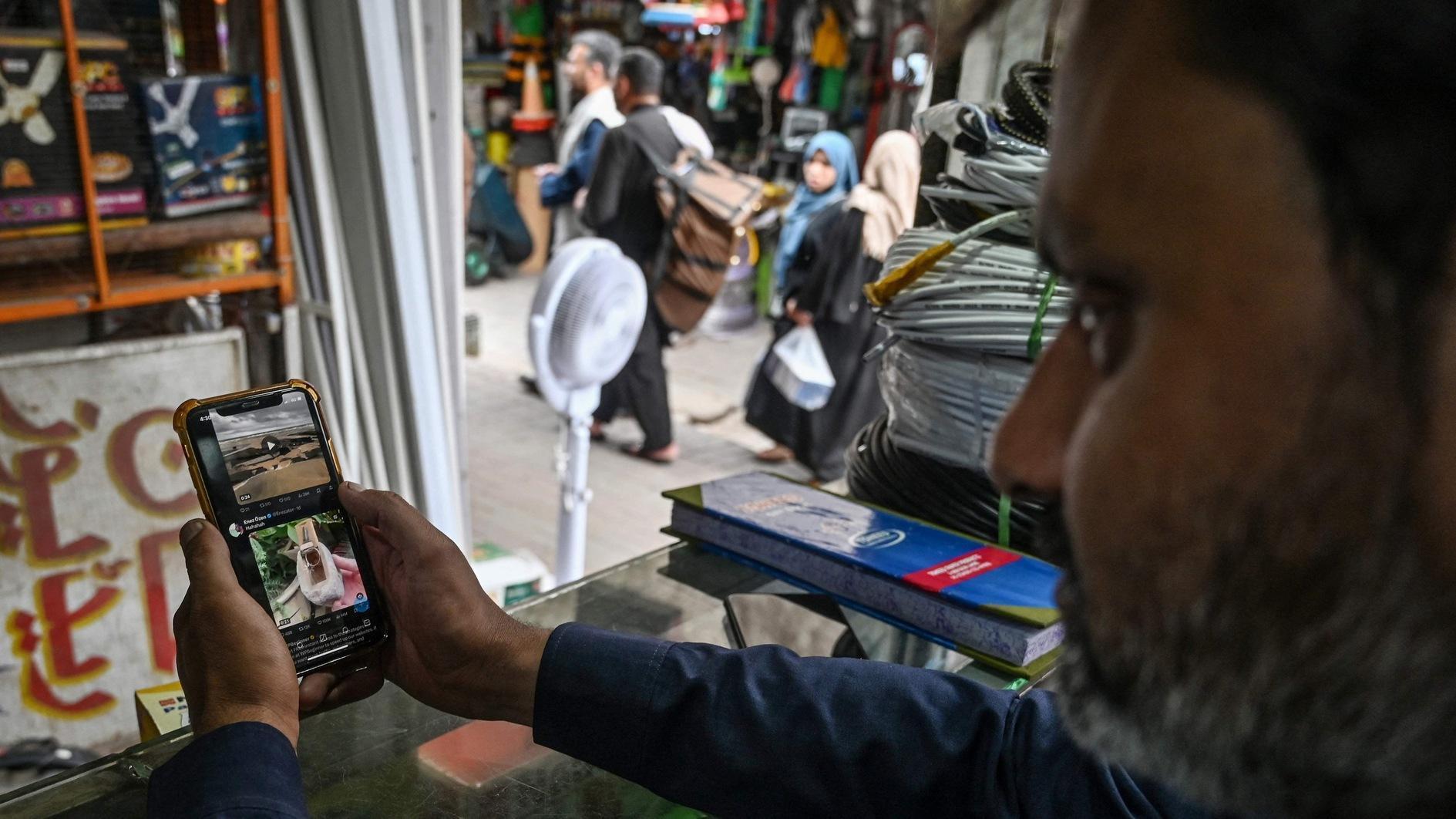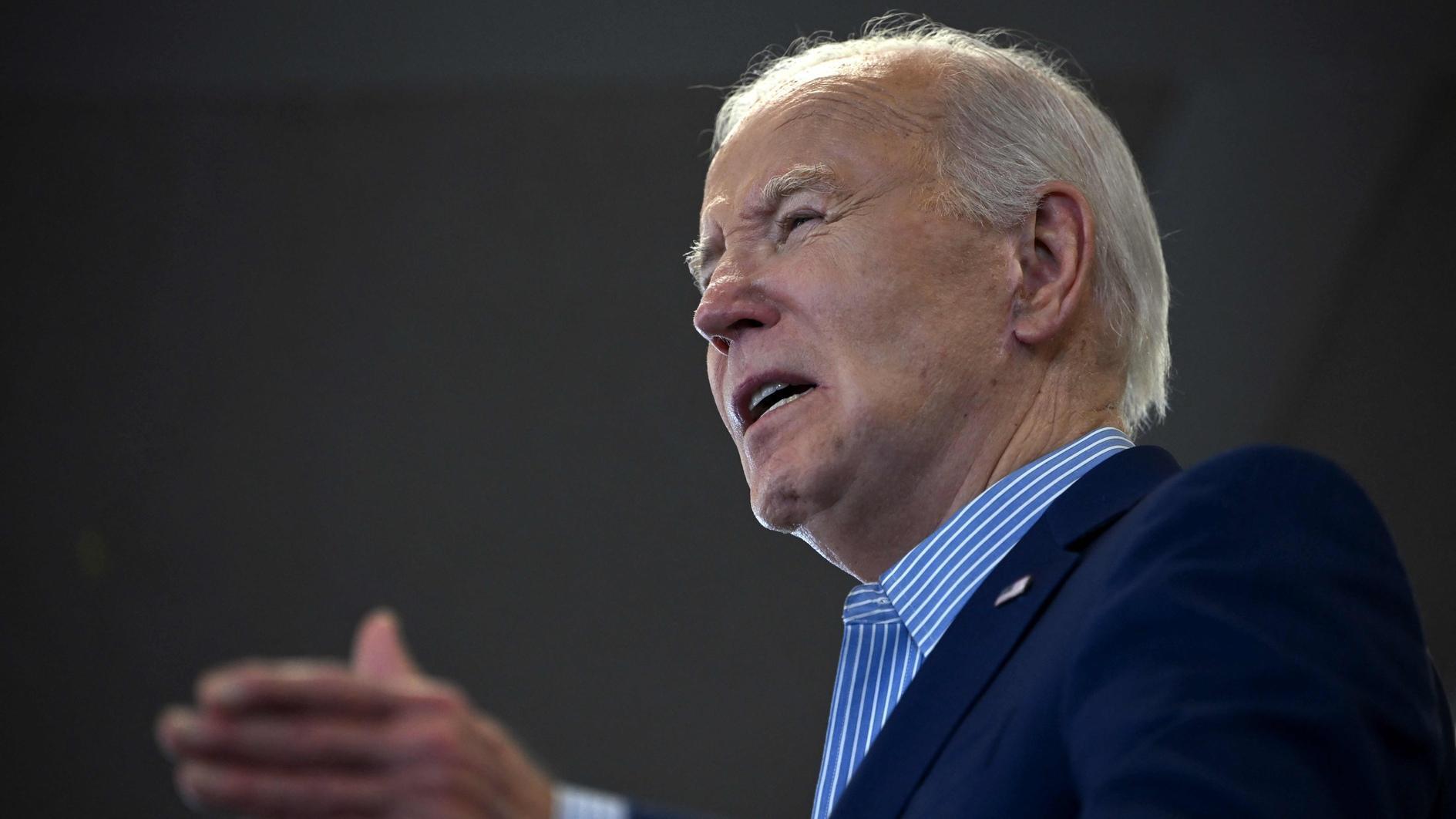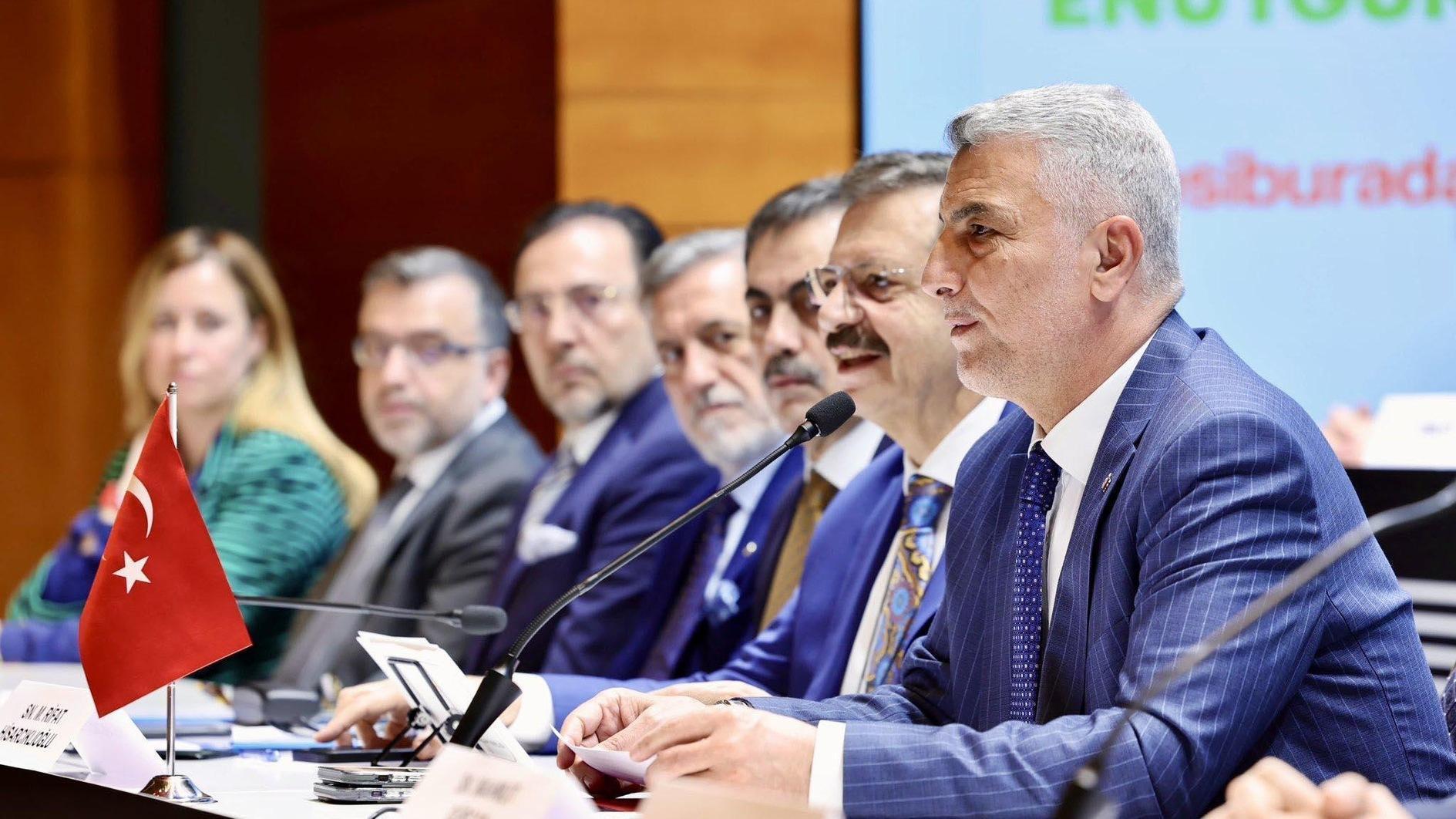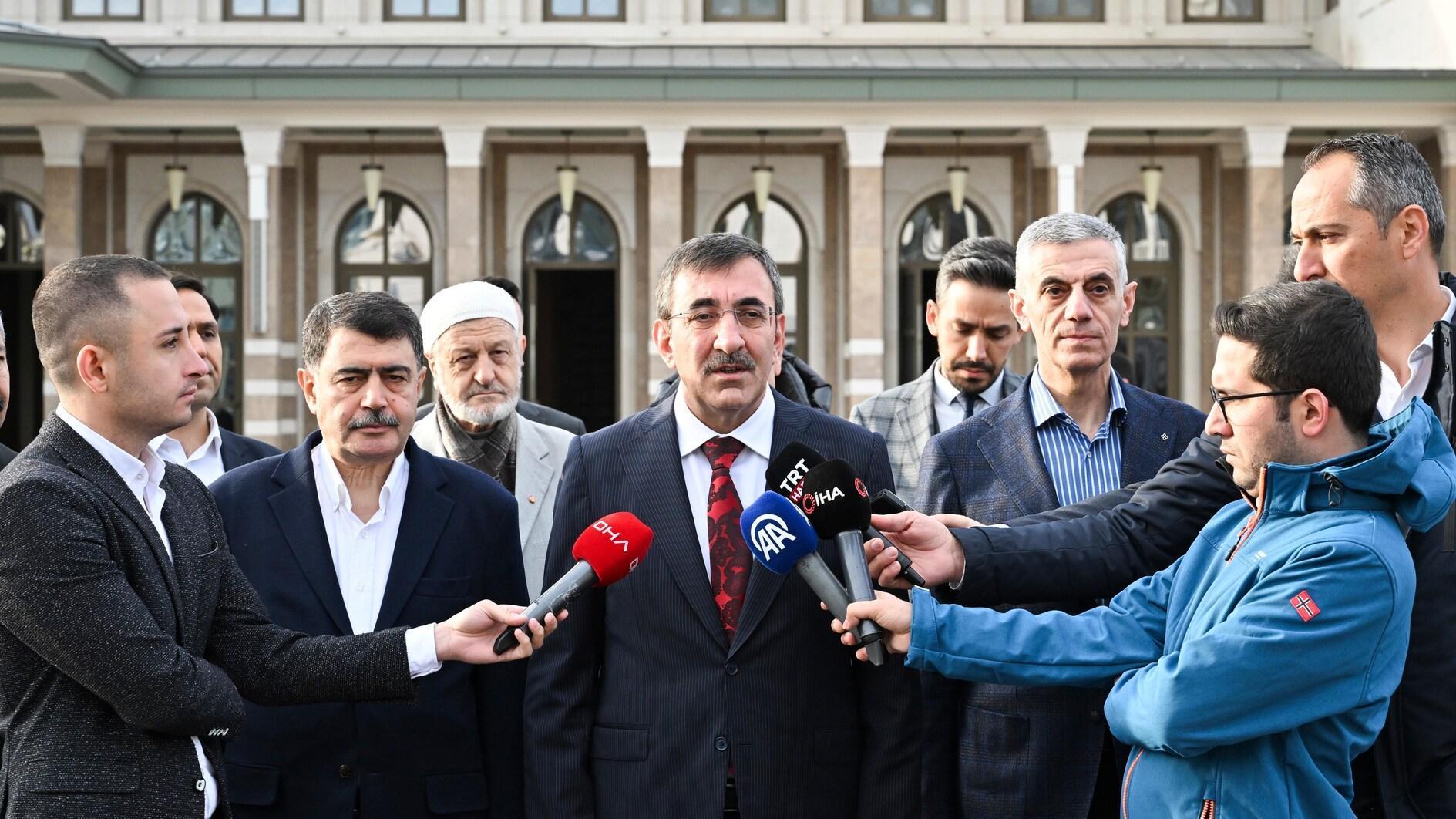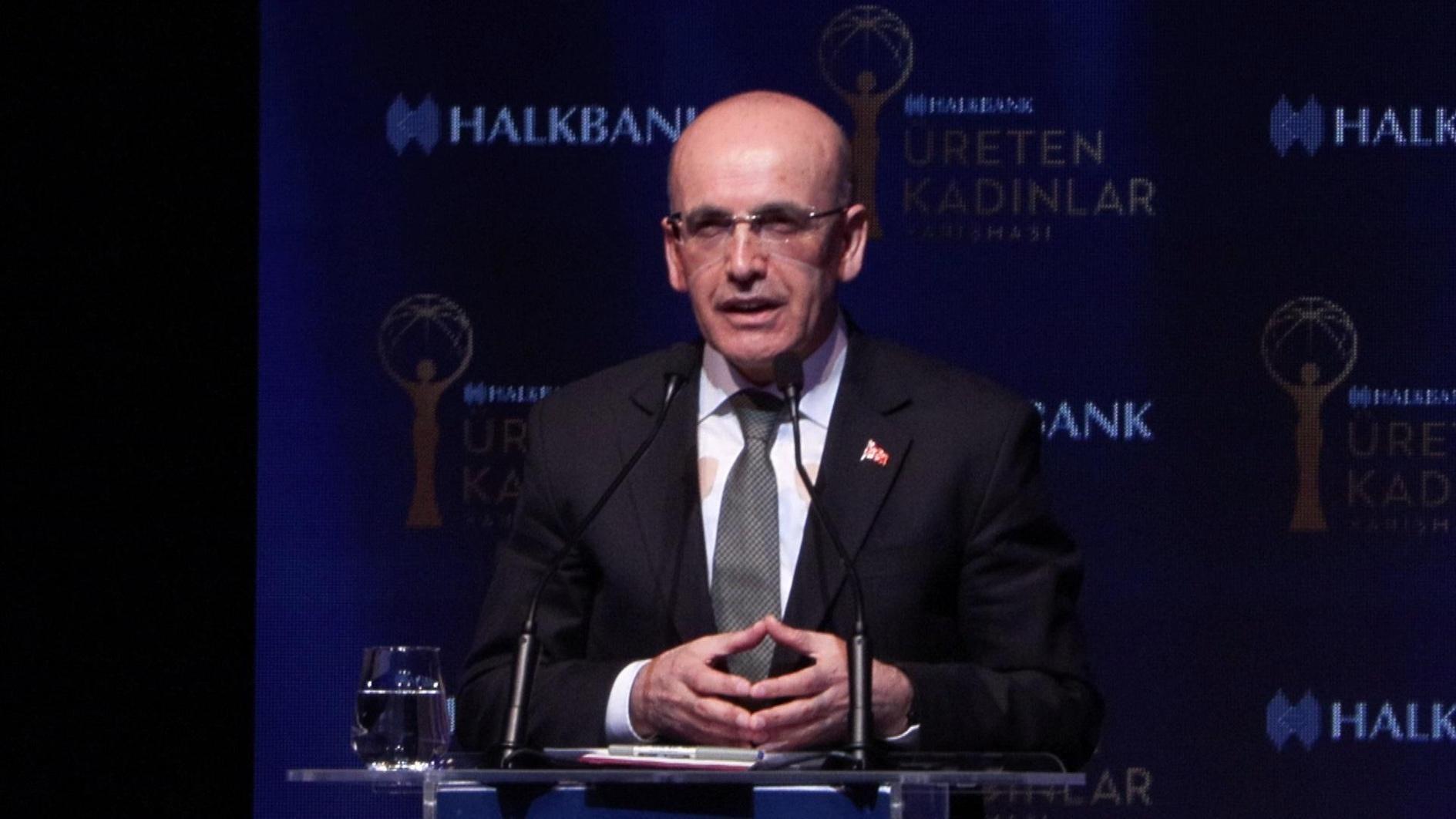Serbia and Kosovo move to ease tension
BRUSSELS - Agence France-Presse
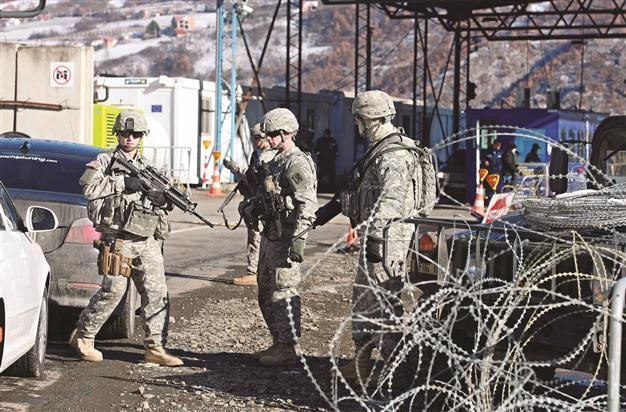
Kosovo Force soldiers from US stand guard at Serbia-Kosovo border in this photo. Belgrade and Pristina have struck key deals to ease the tension. AFP photo
Serbia and Kosovo struck key political deals Dec. 4 in talks to ease Western Balkans’ tension, agreeing to jointly manage crossings on their flashpoint border and send liaison officers to each others’ capitals.EU foreign policy chief Catherine Ashton announced the breakthrough accords after hosting a third round of talks in six weeks between Serbian Prime Minister Ivica Dacic and his Kosovo counterpart Hashim Thaci. In a key development given that Belgrade refuses to recognize Pristina’s 2008 declaration of independence, Ashton said in a statement that the two premiers had “agreed to each appoint a liaison officer” in each others’ capitals. But “to begin with, as part of the EU’s facilitating role, the EU delegation in Belgrade and the EU office in Pristina will provide the liaison office for the liaison officers,” the statement said.
The pair also agreed to share the management of four crossings on their tense border, with two gates to be opened next week and a further two on Dec. 31. Kosovo’s independence has made border management a tricky issue, particularly in northern Kosovo, where ethnic Serbs refuse to recognize the authority of Pristina.
Multi-ethnic police force
Turning to problems in northern Kosovo, Ashton said Thaci pledged that a multi-ethnic special police unit would protect the religious and cultural heritage. “Both sides also agreed to look into ways to ensure a transparent flow of money in support of the Serb community in Kosovo,” she added.
The EU is offering to draw both sides closer to the 27-nation bloc if they cooperate on issues such as security and trade in order to move towards a normalization of ties while resolving daily headaches for ordinary people. A series of agreements struck by more junior negotiators in the EU-run talks that kicked off in March 2011 included deals such as the mutual recognition of university degrees and the return of property records.


